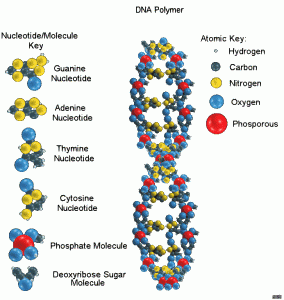Cognition, emotion and the cerebellum
The traditional teaching that the cerebellum is purely a motor control device no longer appears valid, if, indeed, ever it was. There is increasing recognition that the cerebellum contributes to cognitive processing and emotional control in addition to its role in motor coordination. Cognition, emotion and the cerebellum by Jeremy D. Schmahmann (2) and David […]
The traditional teaching that the cerebellum is purely a motor control device no longer appears valid, if, indeed, ever it was. There is increasing recognition that the cerebellum contributes to cognitive processing and emotional control in addition to its role in motor coordination.
Cognition, emotion and the cerebellum
by Jeremy D. Schmahmann (2) and David Caplan (2) in Brain
1 Ataxia Unit, 2 Cognitive/Behavioral Neurology Unit, Massachusetts General Hospital Boston, MA, USA
The traditional teaching that the cerebellum is purely a motor control device no longer appears valid, if, indeed, ever it was. There is increasing recognition that the cerebellum contributes to cognitive processing and emotional control in addition to its role in motor coordination. Anatomical and physiological studies reveal that there is a primary sensorimotor region of the cerebellum in the anterior lobe, and a secondary sensorimotor region in the medial aspect of the posterior lobe. In contrast, cerebral association areas that subserve higher order behaviour are linked preferentially with the lateral hemispheres of the cerebellar posterior lobe—in feedforward loops via the nuclei of the basis pontis, and in feedback loops from deep cerebellar nuclei via the thalamus. There are also reciprocal connections between the cerebellum and hypothalamus. These pathways facilitate cerebellar incorporation into the distributed neural circuits governing intellect, emotion and autonomic function in addition to sensorimotor control.






